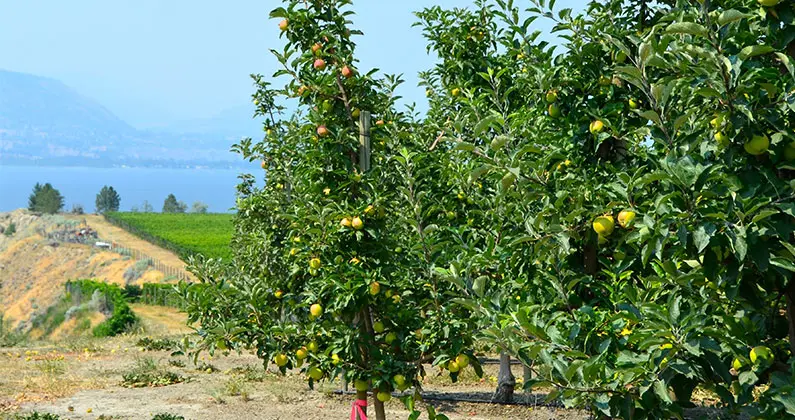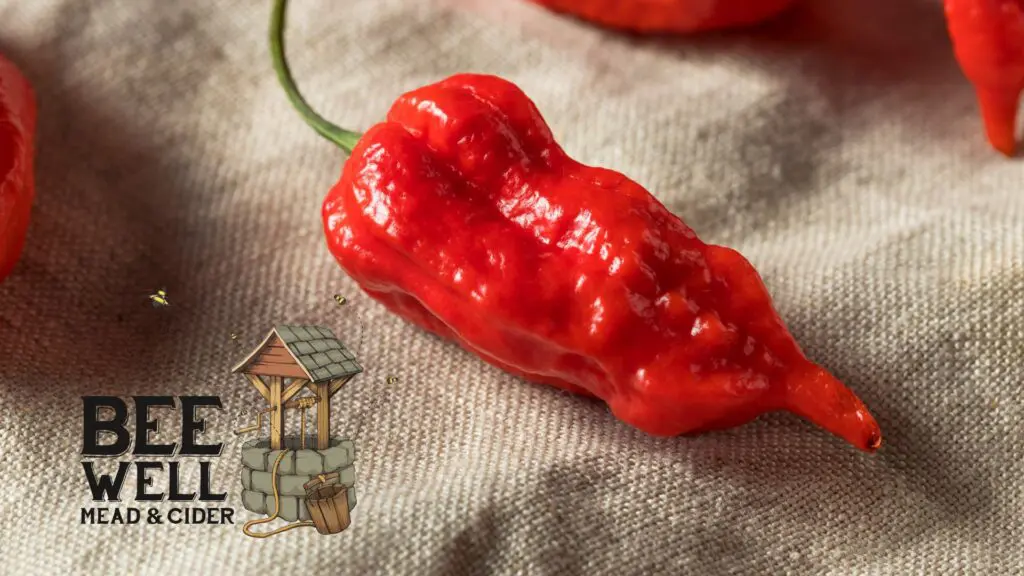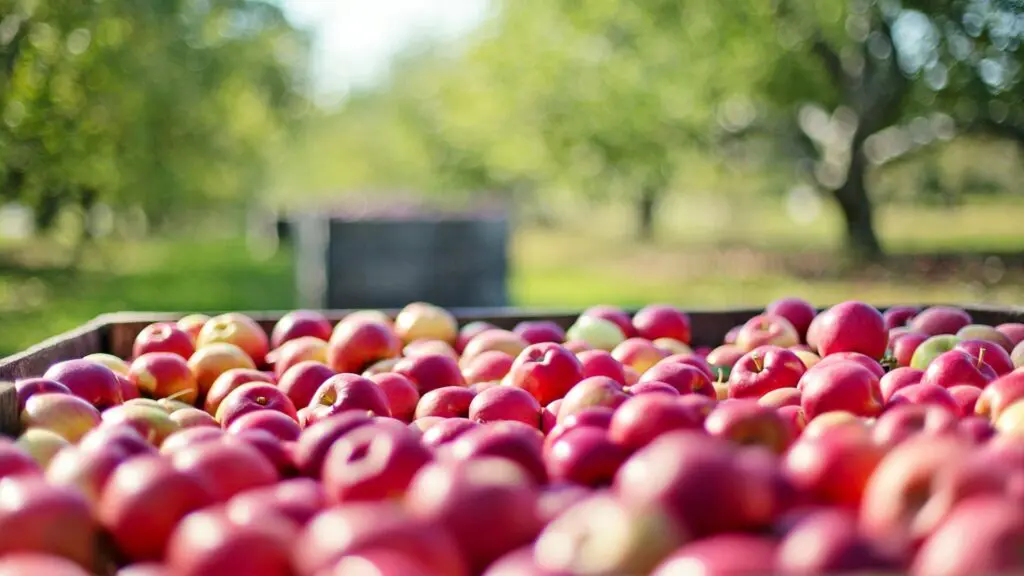When it comes to defining cider, 20 producers in British Columbia are banding together to give meaning to their beverage.
For many cider enthusiasts, it is a sense of passion for the land and the orchard that enhances their drinking experience and motivates them to keep choosing cider over beverages. Similarly, for a group of grower-producers in British Columbia, the farm location is a defining characteristic of their ciders; a way of life they endeavor to celebrate and protect.
Some would call it farmhouse cider, as all of the 20 members of the British Columbia Farm-Crafted Cider Association (BCFCCA) grow their own apples for pressing.
“Our main focus is to promote the orchardist-cidermaker aspect of our cider, and the strong connection between the apple grown to the cider made in each of our bottles, or cans in my case,” says Chris Schmidt, association president and owner of Tod Creek Craft Cider.
According to the association’s website, the BCFCCA defines a “farm-crafted” cider as cider that is “made on the same farm that the apples are grown on.” This clear distinction hones the further definition of craft cider for the group, and also clearly identifies which producers can join — makers must be 100-percent independently and BC-owned, among other qualifications.
Schmidt also belongs to another regional trade organization, the Northwest Cider Association* (NWCA). “What the BCFCCA looks after is different from what the NWCA looks after,” he explains. “I’m a member of both, as I personally believe the NWCA is much broader on their scope of promoting Northwest cider, the FCCA is a voice for land-based licensed cideries in BC.”
Miranda Halladay holds a position on the board of the BCFCCA and is a cidermaker at The Naramata Cider Co. along with her husband, Del. Together they started Elephant Island Winery in 1999 and then, in response to an increasing demand for hard cider, trademarked the cidery’s name in 1999.
Well-known for her contributions to social life in the town of Naramata, Halladay’s tasting room is among the most popular of the dozens along Naramata Road. Her gift for promoting group solidarity is also at work in her leadership position with the association. “The BCFCCA is a community of like-minded cider producers, dealing with many of the same issues and motivated by the same passions,” she adds.
Both Halladay and Schmidt agree that a central benefit is a licensing distinction, which favors farm-based producers specifically, providing the advantage of being able to sell direct to wholesale and retail customers and without going through the liquor board. The BC Liquor Distribution Branch has a mark-up on commercial producers of 74-78 percent, which would eliminate the viability of these land-based craft producer.
“Ultimately it comes down to the common bond of the farm and our mutual commitment to craft cider,” Halladay says of the member benefits. “This very simple but fundamental connection to the dirt is a criterion of our membership, in that all of our members operate under a common license and common set of criteria, including the requirement that every cider we produce is made from 95 percent, or more, juice content – no water and no concentrate. No other trade association speaks specifically to this common bond.”
The association dedicates itself not only to the producer, but also to the cider consumer, by supporting events such as the upcoming Cider Festival at Scenic Road Cider Co. in Kelowna on September 23 and another event at Merridale Ciderworks on Vancouver Island on October 1.
If one thing is clear, it’s that the BC grower-producers take great pleasure in their cidermaking lifestyle and the unique affiliation they share. “Given the geographical extent of our membership we generally try to gather as much of the membership as possible, semi-annually in conjunction with tasting festivals/consumer education events,” Halladay says. “Always easier said than done, but having the chance to appreciate one another’s fine cider makes the business side that much more appetizing.”
*Full disclosure: writer Holly Tennant holds a position on the board of the NWCA.









